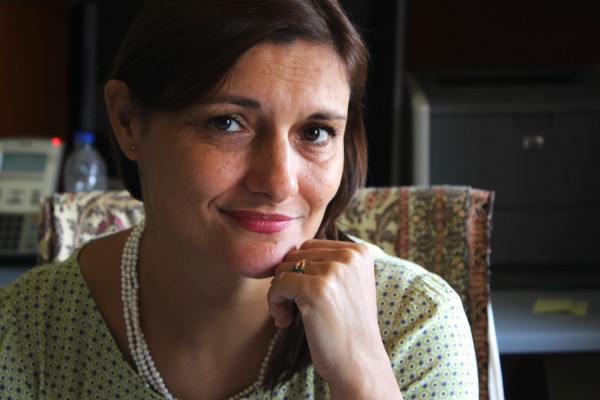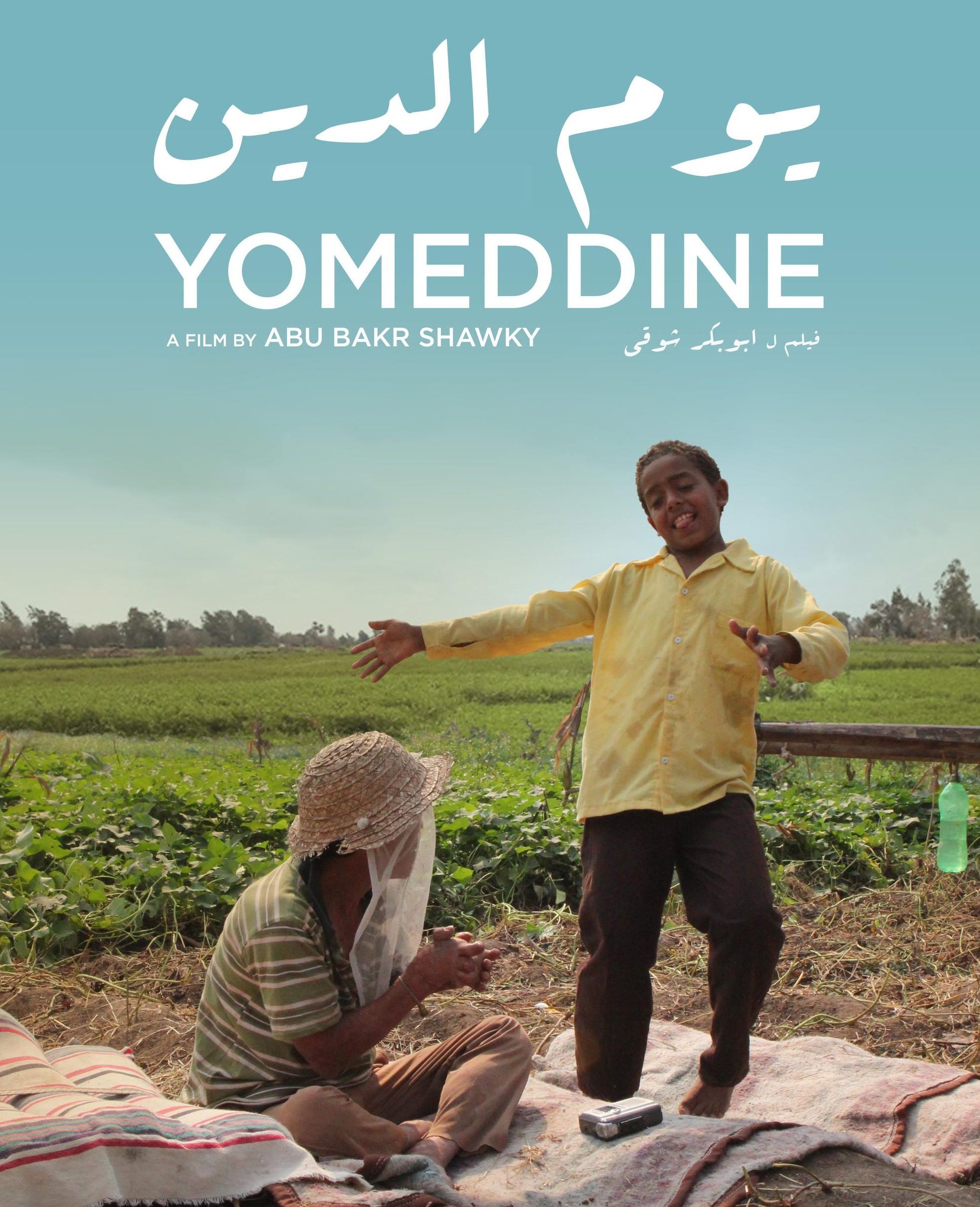For the love of Arabic
BY NADINE AWADALLA
![Gamblin has been fascinated by all things Middle Eastern and has made the region her home for decades [AWADALLA]](http://www.auccaravan.com/wp-content/uploads/2014/10/IMG_0196-e1412909304932.jpg)
When Sandrine Gamblin was ten and first saw her name written in the exotic curves of Arabic calligraphy she felt a passion awaken within her that would eventually shape her life.
Her childhood love of Arabic soon evolved into a genuine curiosity about the Middle East, which led her to move from her native France to the region to learn the ancient language.
“As long as you’re interested in social changes, politics, international relations on the Middle East, I would say that it doesn’t make any sense, for me, not to be in the Middle East,” said Gamblin, the director of the Middle East Studies Center (MESC) on campus.
Her love of all things Middle East soon pushed her to pursue a PhD degree in Political Science at the Institut d’études politiques de Paris (Sciences Po) in Paris.
Her interests soon centered on combining different ways to understand and familiarize herself with Middle Eastern society, and when an opportunity arose she moved from Cairo to Lebanon, to work with the International Crisis Group, a non-governmental organization (NGO) specialized in conflict resolution.
“I thought it was a balance between being in two processes and at the same time having the capacity of analyzing and reporting,” Gamblin said. Life in Lebanon was difficult, however, as she felt the strain of constant social and political pressure.
She added that she found the structure of the education system overall “quite unsatisfactory.”
“We complain here about power cuts but go to Lebanon and you’re going to see what it means, real power cuts … even in the best areas,” she said.
Working with development agencies did not give her the sense of contribution she yearned for, so she decided to return to academia, where she felt more useful by passing on the knowledge she had accumulated.
“From 60 students you have one that can get something from you … and it’s the best gratification,” she said.
After briefly teaching in Lebanon, Gamblin returned to Cairo in late 2010, where she taught at Cairo University and the French University. “I love Egypt. It’s totally irrational,” she said. “I’ve been here more than 20 years; it’s my country.”
Gamblin joined AUC last spring working as associate director of MESC, which she finds to be one of the most unique programs in the region because it is a multi-disciplinary “space of encounters and ex changes” between faculty and students.
“It’s a great place in the sense that it’s a hub,” said Gamblin, adding that its importance lies partly in being located in Cairo, the heart of the Middle East.
When it comes to Egypt’s future, Gamblin prefers to take the role of the observer, saying she has faith in the country’s youth. When Gamblin went back to her home base, her friends and kids sur round her.
She considers her son her best achievement. “His father is not Arab at all, but he speaks three languages. He is perfectly fluent in Arabic…kind of ‘how to become an Arab without being Arab’,” she said with a laugh.
He currently studies at the Sorbonne in Paris and is around the same age Gamblin was when she was a Karate champion at her university.
“It taught me a lot about how to get confidence in myself,” she said, adding that she still dreams of going back to the sport.
Gamblin says Karate is more of an exercise in discipline than it is about learning to throw punches; one of the first lessons she learned was to run instead of trying to act “like Jackie Chan or what- ever”.
Gamblin also used to sing with the Cairo Choral Society but she hasn’t been able to find the time lately. “I’m caught all the time, students coming in, telephones, meetings…it’s nice. I really enjoy it. It’s not painful at all,” Gamblin said.
One thing Gamblin is trying to make time for is the “Adopt-a-Plot” initiative on campus, which she thinks is “just great”.
“That’s my dream, anyway, to buy a plot of land in Egypt and to grow vegetables,” she said.




